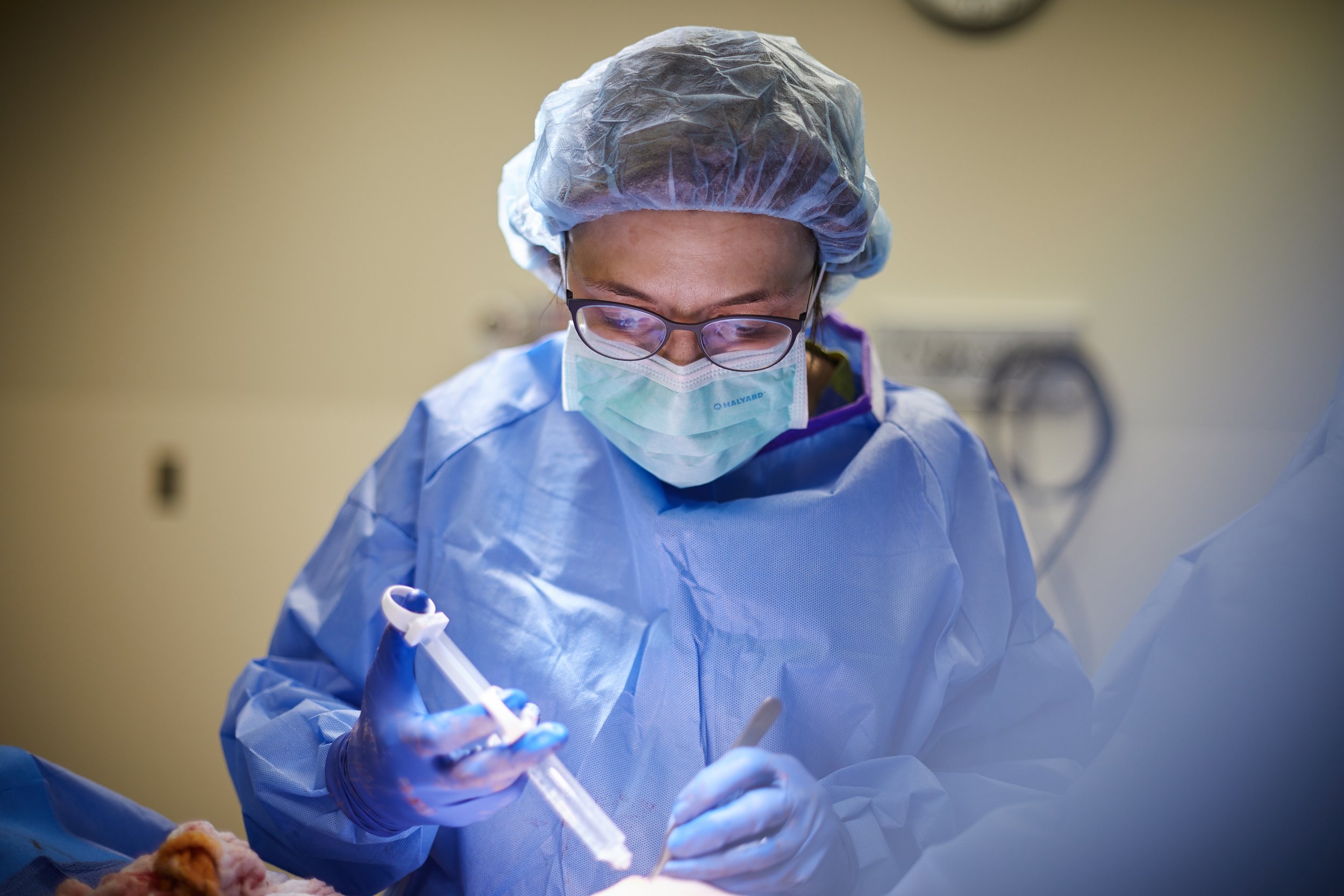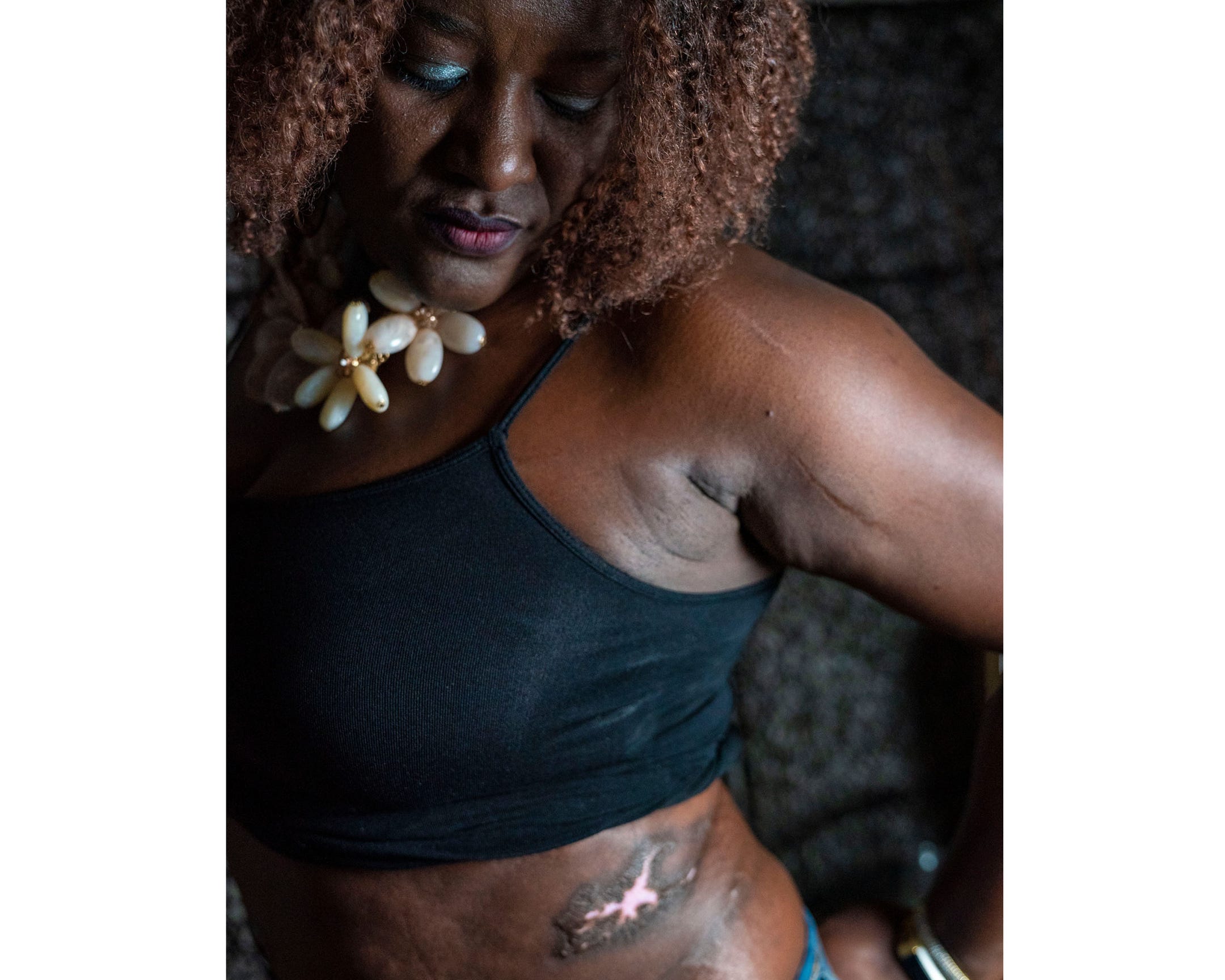Plastic Surgery Rancho Cucamonga: Improve Your Confidence with Customized Cosmetic Treatments
Plastic Surgery Rancho Cucamonga: Improve Your Confidence with Customized Cosmetic Treatments
Blog Article
Checking Out the Psychological and Social Elements That Drive People to Think About Plastic Surgery as a way of Renovation
The choice to go after cosmetic surgery typically prolongs past simple visual appeals, linking with mental and social characteristics that warrant complete examination. Factors such as self-confidence, pervasive societal appeal standards, and the pervasive influence of social media converge to shape specific motivations for medical enhancement.
The Duty of Self-confidence
Self-worth dramatically affects an individual's choice to seek plastic surgery. Individuals with low self-worth often perceive themselves in a negative light, bring about feelings of inadequacy regarding their physical look. This negative self-perception can drive them to seek surgical interventions as a method of enhancing their self-image. The wish for enhancement in one's look is frequently linked to a belief that such changes will certainly raise their total self-worth and confidence.

Ultimately, the duty of self-worth in the decision-making procedure regarding plastic surgery highlights the complicated interplay between body image, individual contentment, and psychological wellness. Recognizing this partnership is important for medical care professionals to guarantee that clients are making informed choices rooted in reasonable expectations and psychological well-being.
Social Charm Standards
Influenced by pervasive media representations and social narratives, social elegance standards play an important duty in shaping people' assumptions of their very own bodies. These standards are usually characterized by an idyllic kind of appeal that emphasizes traits such as symmetry, youthfulness, and slimness. As these perfects are continued via numerous channels, consisting of advertising, film, and television, people often internalize these messages, leading to dissatisfaction with their all-natural look.
The implications of these societal standards extend beyond aesthetic choices; they can impact self-esteem, psychological health, and social relationships. People who perceive themselves as disappointing these criteria may experience feelings of insufficiency, motivating a need for cosmetic surgical treatment as a way of achieving societal approval. This quest is commonly sustained by the idea that adhering to these perfects will certainly boost not just physical look however also social standing and personal fulfillment.

Influence of Social Network
The effect of social charm requirements is further enhanced by the rise of social networks platforms, where curated pictures and idyllic representations of beauty are common. Individuals are frequently revealed to filteringed system and edited photos, which commonly show unattainable physical features. This direct exposure grows a culture of comparison, leading people to analyze their own look versus these usually unrealistic benchmarks.
Social media site influencers and celebs regularly advertise cosmetic treatments, stabilizing the concept that medical improvements are a sensible means for attaining societal ideals (plastic surgery rancho cucamonga). The exposure of these enhancements can produce a perception that undergoing plastic surgery is a basic practice, thereby influencing people to take into consideration similar interventions as a pathway to boosted self-worth and social acceptance
Furthermore, the interactive nature of social networks permits instant responses through likes and remarks, further reinforcing the wish to adapt prominent charm criteria. Such interactions can worsen feelings of inadequacy and drive people towards cosmetic surgical treatment as a way of getting validation. Ultimately, social networks plays a pivotal duty fit assumptions of charm, which significantly impacts the decision-making processes bordering cosmetic surgical treatment.

Cultural Point Of Views on Look
Throughout various societies, assumptions of appearance are deeply rooted in historic, social, and financial contexts, shaping people' views on appeal and worth. In several cultures, look acts as a substantial pen of identity, affecting social status, professional chances, and individual relationships. For instance, in some cultures, light skin is often associated with wealth and opportunity, while others may glorify darker complexion as icons of stamina and credibility.
Moreover, typical appeal standards are typically continued with social narratives, media depictions, and family affects, bring about differing ideals throughout various areas (plastic surgery rancho cucamonga). In Western societies, the emphasis on young people and physical conditioning frequently drives individuals toward aesthetic enhancement, while in specific Eastern cultures, even more refined changes lined up with traditional visual appeals might be preferred
Globalization and the spreading of digital media have better made complex these dynamics, producing a hybridization of elegance ideals that transcends geographical borders. As people significantly navigate these cultural stories, the stress to satisfy specific navigate to these guys appearance criteria can bring about the desire for cosmetic surgical treatment, showing an intricate interaction of individual desires and social worths. Understanding these cultural viewpoints is important in resolving the inspirations behind cosmetic surgery factors to consider.
Psychological Impacts of Plastic Surgery
Many individuals seeking cosmetic surgery report experiencing extensive mental effects that can dramatically modify their self-perception and psychological wellness - plastic surgery rancho cucamonga. The desire for physical enhancement frequently stems from underlying concerns such as reduced self-confidence, body dysmorphic condition, or societal pressures regarding elegance requirements. For some, the immediate post-operative stage can bring about a temporary increase in positive self-image and contentment with their look, cultivating a sense of empowerment
Nonetheless, these favorable sensations may not be sustaining. Study suggests that while some patients experience boosted self-worth, others might encounter increased anxiety or anxiety if their assumptions are not satisfied. This discrepancy can emerge from unrealistic perfects continued by media depiction and cultural stories surrounding appeal.
Moreover, the psychological implications of plastic surgery extend past the individual. Relationships with friends and family might be strained as social characteristics shift, resulting in sensations of isolation or alienation. Ultimately, the emotional effects of cosmetic surgery are complicated and complex, requiring cautious factor to consider by both prospective clients and doctor to guarantee informed decision-making and sensible assumptions.
Conclusion
In final thought, the choice to seek plastic surgery is significantly influenced by a combination of self-confidence issues, societal charm criteria, and social viewpoints on look. The prevalent reach of social media even more worsens these stress, advertising unrealistic perfects that people often make every effort to achieve. Comprehending these psychological and social aspects is essential for find this addressing the motivations behind cosmetic surgery, highlighting the need for a much more nuanced discussion bordering appeal and self-acceptance in modern culture.
The choice to go after cosmetic surgical treatment typically extends past plain appearances, linking with social and psychological characteristics that warrant detailed exam. Inevitably, social media plays a pivotal role in forming assumptions of appeal, which substantially impacts the decision-making processes surrounding cosmetic surgical procedure.
As people progressively navigate these social stories, the stress to adjust to details appearance standards can lead to the need for cosmetic surgical procedure, mirroring an intricate interaction of personal desires and cultural worths.In final thought, the decision to go after cosmetic surgical treatment is considerably influenced by a mix of you can check here self-confidence issues, societal appeal standards, and social perspectives on appearance. Comprehending these psychological and social factors is important for attending to the motivations behind cosmetic surgical procedure, highlighting the need for a much more nuanced conversation surrounding beauty and self-acceptance in contemporary culture.
Report this page